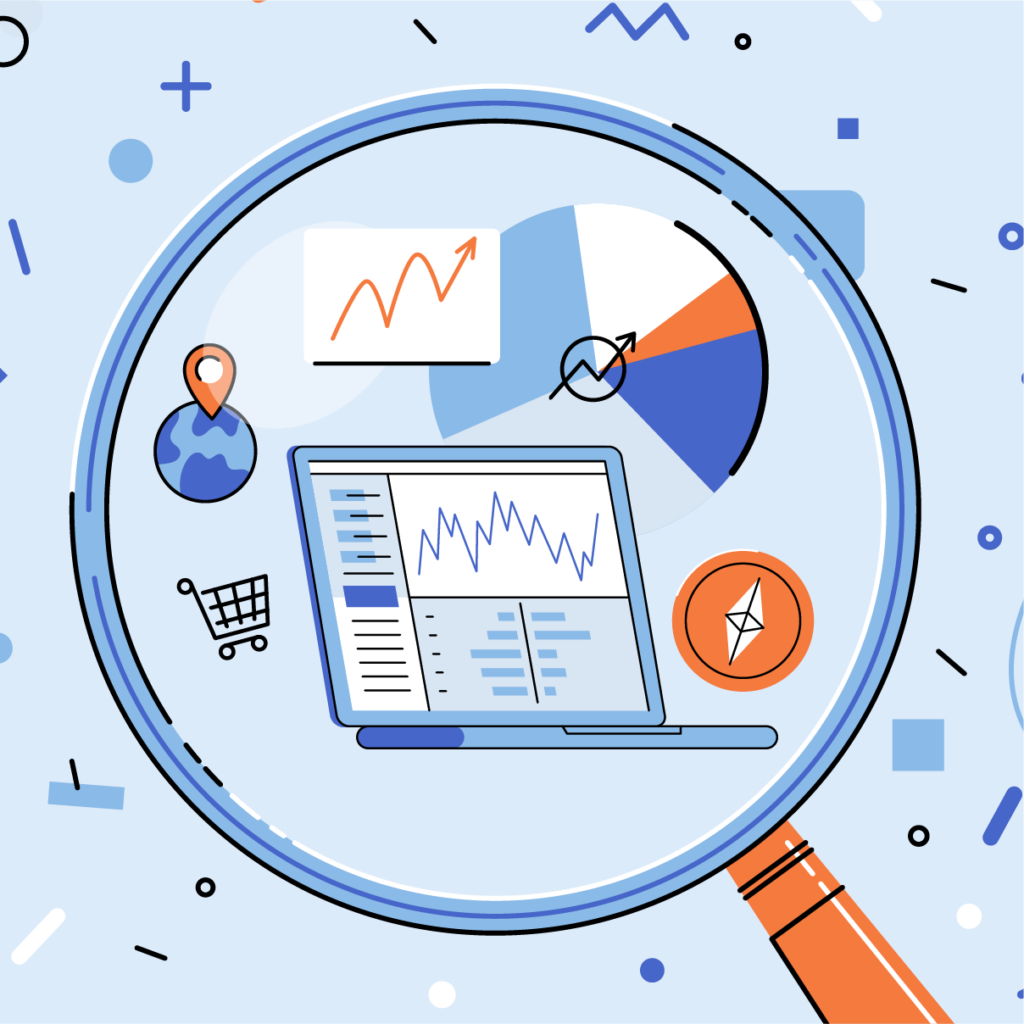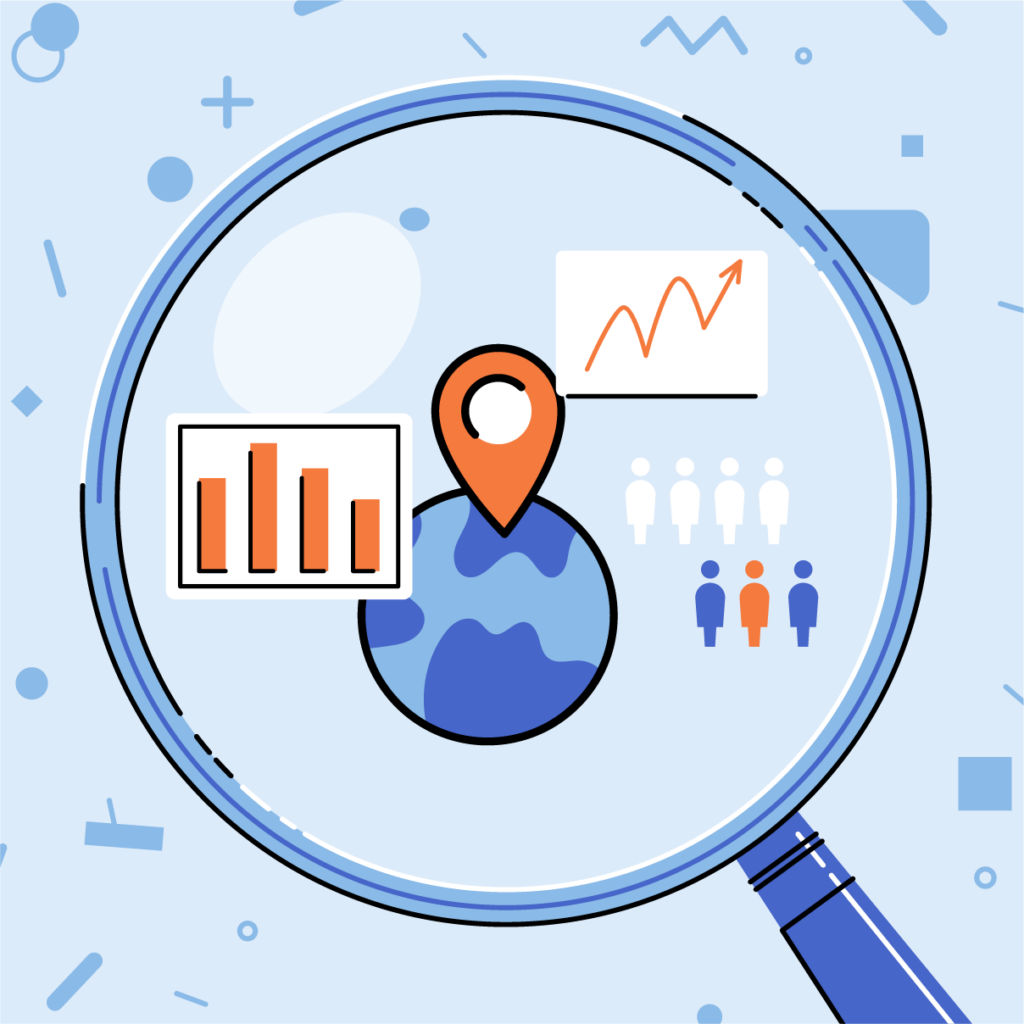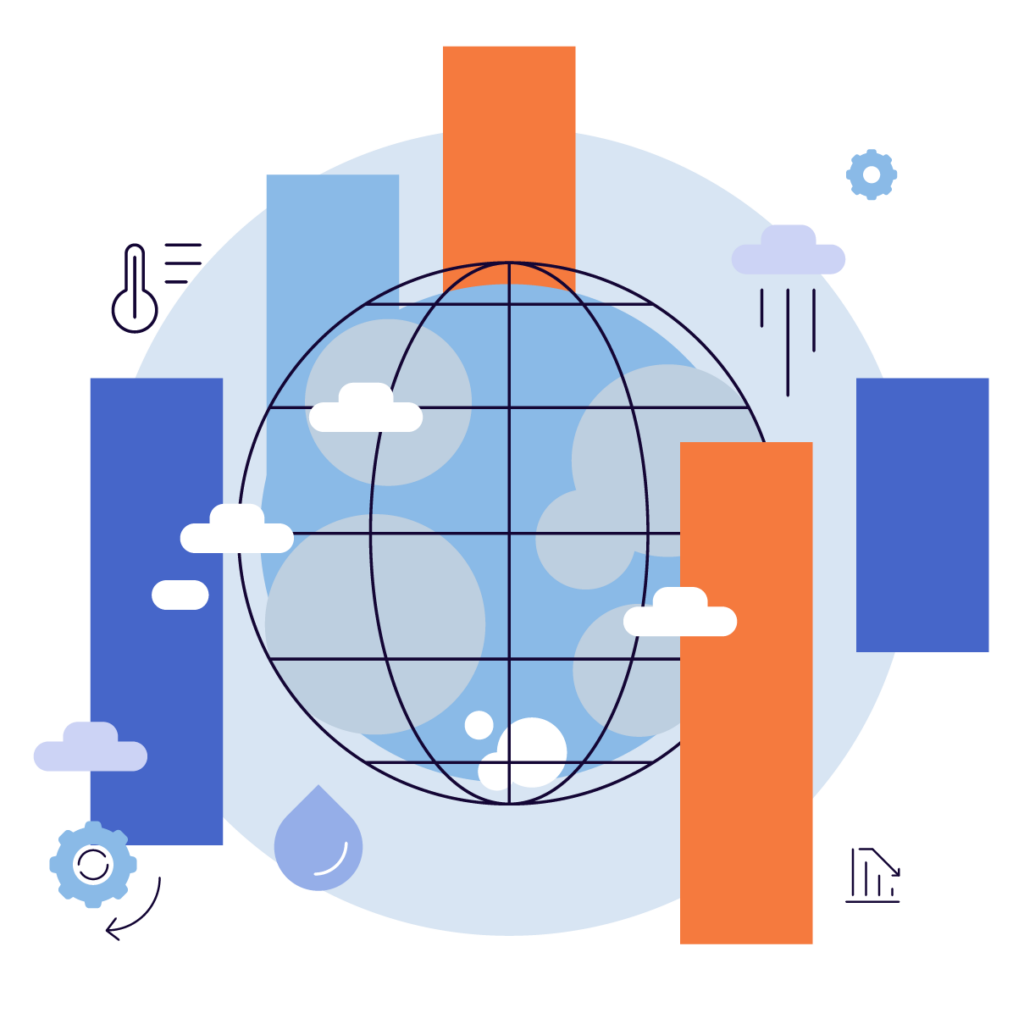Applying big data and artificial intelligence in behavioral and social science are promising but limited currently [2]. Family is the core in shaping individual behavior and influencing social capital, particularly in Chinese societies. Family services provide an important source to understand the influences of family on individual and society by using the large volume of data regularly collected in territory-wide family services, including the information on service users, groups and programmes, and counselling case recordings. These data are multi-dimensional, containing text, numeric, audio, or video forms.
The Hong Kong Jockey Club SMART Family-Link (JCSFL) Project, initiated and funded by the Hong Kong Jockey Club Charities Trust since 2018, is a large scale, 7-Year and 9 months collaboration among The University of Hong Kong, Hong Kong Baptist University and 26 Integrated Family Service Counters and Integrated Service Centers for advance the use of Information and Communications Technology and big data analytics for enhancing family services in Hong Kong.

A key element of JCSFL is i-Connect – a software service management platform developed by the STAR lab to support the service operations of the NGO-operated IFSCs.
The system enables the users, who are social workers and clerical staff in IFSCs, to perform their operational processes and workflow on a centralized platform. Different kinds of data about clients, staff, services, workflow, and operations are processed and stored through this system. The system has been deployed on a secure cloud platform. Industrial standards and various security measures are also adopted to ensure data security and data privacy. The system was reviewed by different professional parties including Office of the Government Chief Information Officer of Hong Kong SAR, the Information Security Team of Hong Kong Jockey Club, and a third-party security audit company.
“Data science for social good” is an emerging big data technology for harnessing insights about user needs, resource planning, and service efficiency in the social sector.
The Project Team will build a state-of-the-art platform, known as the Data Analytics System (DAS), for supporting the analysis and visualisation of various data sources, such as I-Connect, demographics, and maps. DAS aims to strengthen the capability of NGO supervisors and frontline workers in data analytics, by developing user-friendly and intelligent data dashboards customised to their needs, as well as novel technologies such as natural language processing.

Many metropolitan cities are facing sharp increase in aging population. In Hong Kong, for instance, the number of elderly citizens is estimated to rise to one third of the population, or 2.37 million, in year 2037. About 13% and 24% of these people are living alone or with their spouses only respectively. As they age and become more frail, the demand for formal support services will increase exponentially in the coming years. However, there is a severe lack of manpower to meet these needs: in HK, on average, each NGO employee needs to manage 10 elderly people at the same time. Some elderly-care homes also reported a 70% shortage in staff. There is thus a strong need of helpers for taking care of elderly people on a full-time, part-time, or voluntary basis.
We have been working on HINCare, a HKD $4M project supported by HK Innovation and Technology Commission. The HINCare is a volunteer management system with timebanking facilities (i.e., each person, after providing a service, can earn a time credit. The time credits are stored in the person’s time bank account. He/she can later use the earned time credits to purchase other services.) We have designed an elderly-user-friendly mobile app. The system backend, designed for NGO administrators, is cloud-based and generic. Essentially, any organization can use our system to support their voluntary work services easily. Instead of having sophisticated software installation, only a few customization steps are needed. The platform supports multiple organizations, which can enable more sharing of data and collaboration. Currently, HINCare has been serving 5000 elders in 6 NGOs. We won one local (HKICT) and one international information technology awards (Asia Smart Apps) and a HKU Faculty Knowledge Exchange Award. Recently, the HK government’s Community Investment and Inclusion Fund (CIIF) has provided 4 contract research projects to our team to further support their associated NGOs.

The core of HINCare employs novel heterogeneous information network (HIN) and AI technologies to recommend helpers to elders.
Here, the HIN stores the relationship information among elders, helpers, and NGOs. It originates from various Big Data sources, such as social networks and senior citizen’s profiles. We use the HIN to find out the best helpers for assisting elders. For example, a living-alone elder may want someone to repair a light bulb; the HIN reveals that a certain helper living close to the elder has the expertise and availability to do so, and the system will recommend the helper to the elder. In detail, we use the HIN built to develop a recommender system [3, 4, 5]. These meta-path-based solutions leverage semantic relationship among graph nodes. They provide rich information of interaction among users and items, and help to comprehend a user’s interest.
We remark that this is the first time that HIN is used to support elderly care. Experiment results tested on two collected NGO datasets show good performance compared with other systems.